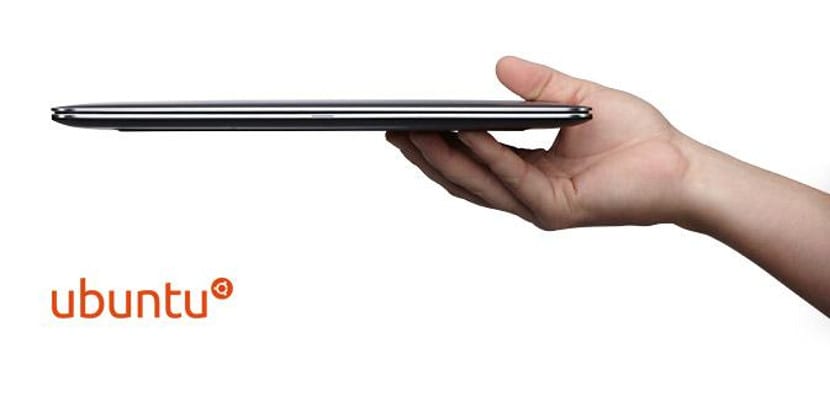
Ubuntu has become one of the most popular options among users who want to change Windows or macOS for Gnu / Linux. Its ease of use as well as its most current software make millions of users who use Ubuntu or its official flavors for their computers.
But it is not simple computers that we are going to analyze but rather a rare but popular alternative in recent months, a phenomenon similar to that produced by Ubuntu within the Gnu / Linux world, these computers have been called Ultrabooks.
Ultrabooks are notebooks that weigh less than 1 kilogram but they do not reduce their benefits, quite the opposite. Thus, ultrabooks have powerful processors, large amounts of internal storage, passive cooling and hours and hours of autonomy.
Next we are going to talk to you about the requirements or the hardware what should we look for if we want to buy or acquire an ultrabook to install Ubuntu. Whether or not it is installed by default.
CPU and GPU
We have to say that the CPU has never been a big problem to install Ubuntu on a computer, on the contrary. But after the latest news about the 32-bit architecture, ultrabooks that have a dual-core or 32-bit processor are at least the last option we have to choose when buying an ultrabook for Ubuntu. I don't like saying these things, but it is true that Intel CPUs are better for laptops than AMD CPUs, so i5, i3 or i7 processors would be good choices for an ultrabook and compatible with Ubuntu.
Regarding the GPU or graphics card (the latter for the most veteran), not all of them are ideal to install and / or use Ubuntu. The latest Nvidia driver issues make AMD's ATI and Intel GPU the best choices for Ubuntu. The drivers of these brands work correctly and very well with Ubuntu but it is true that Nvidia GPUs are powerful.
RAM
The ram should not be a problem to install Ubuntu on the ultrabook. Ubuntu does not consume a lot of ram memory and in case of not having enough for the main version, we can use light desktops such as Lxde, Xfce or Icwm. In any case, if we want our ultrabook to have the main version of Ubuntu for years, we should have at least 8 Gb of ram or higher. The higher the quantity, the more years of life with optimal performance. We must also note that have free ram memory slots, this will expand the possibilities that the ultrabook has a long life, although there are few models that offer these possibilities.
Screen
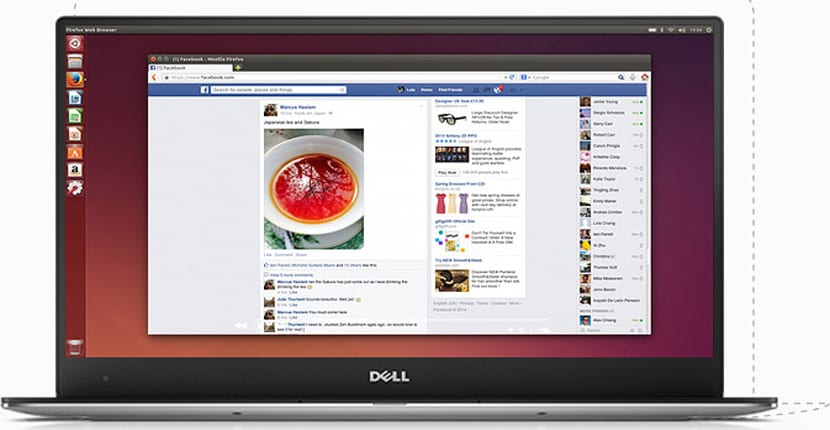
The screen is one of the most important elements of a laptop, be it ultrabook, netbook or normal laptop. The average size of the ultrabook screen is 13 inches. An interesting size that makes the computer more portable than ever, but the standard 15-inch size is still a good option. In this case, choose a screen with LED technology is a highly recommended option, at least if we want our ultrabook to have great autonomy.
The minimum screen resolution would be 1366 × 768 pixels or more. Touch technology is compatible with Ubuntu, that is, we can have a touch screen with Ubuntu although it is true that Canonical's operating system does not have this technology very developed, nor does graphics software like Wayland. In any case, the normal mode works perfectly.
SSD disk
If we want to have a great ultrabook with Ubuntu we have to look for a team with ssd disk. The performance of an SSD hard drive is amazing, at least when compared to traditional drives, and Ubuntu is fully compatible with this technology. But, I personally recommend choosing the pure ssd hard drive option, since there are ultrabooks with a mixed solution that allows you to have a larger internal storage, but the performance is worse. The capacity that we have to have in terms of hard disk has to be around 120 Gb, less space is insufficient to store your own documents and Ubuntu files.
Both technologies work correctly in Ubuntu, but the first is more efficient than the second and gives greater autonomy.
Battery
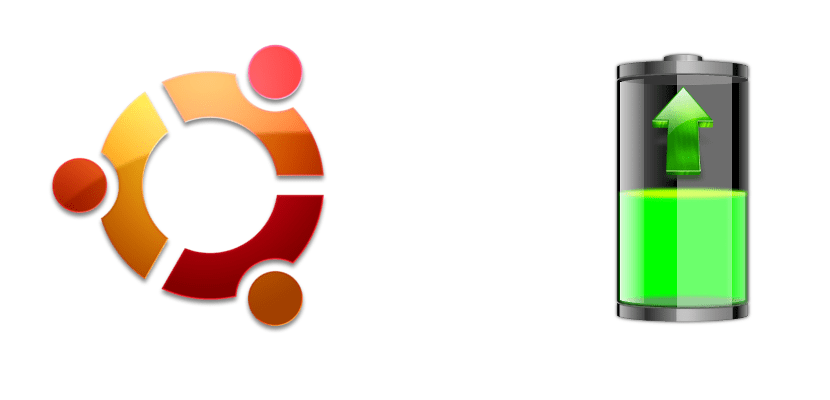
The battery is an important point for an ultrabook and any laptop. So much so that Ubuntu provides great power management, providing hours of more than proprietary operating systems. A 60 Whr battery is more than enough to provide 12 hours of autonomy, although everything will depend on how we use the team. Here it does not matter that we use Ubuntu or Windows, if we use applications that consume resources, it will use more battery and by extension we will have less autonomy.
To maintain those 12 hours of autonomy we have to make sure that the connectivity that we do not use (NFC, Bluetooth, wireless, etc ...) is disabled. The charging of smartphones and tablets also has to be deactivated in the device or we do not have to since it will reduce the autonomy of the device.
In general, ultrabooks have a limited number of USB ports and slots, which is good because it increases the autonomy of the equipment and even we can deactivate elements through Ubuntu so that they are deactivated when we don't use them and the long battery life is maintained.
Connectivity
Ultrabooks typically don't have many multi-technology ports or a DVD-ROM drive, making them more compact, lighter, and more self-contained. That is why we have to look carefully at the different types of connectivity it has. At least two USB ports are required as well as a wireless connection. If we want to have a powerful ultrabook with Ubuntu We should have a bluetooth connection, NFC, the USB ports must be type C and at least have a slot for microsd cards. Many computers meet these premises and are compatible with Ubuntu.
Price
The price of ultrabooks is quite high, although we must admit that their average price has dropped considerably in recent months. We can currently find a good ultrabook compatible with Ubuntu for 800 euros. It is true that there are more expensive options such as the famous Dell XPS 13 whose price exceeds 1000 euros, but we also find ultrabooks like the ones from UAV that do not reach 700 euros. And unlike other operating systems, there are ultrabooks that are sold with Ubuntu as the default operating system without raising the price of the equipment. In any case, if we opt for an ultrabook with Windows we do not have to worry then Ubuntu installation it is very simple in this type of device.
Choices on which ultrabook to buy
There are more and more ultrabook models with Ubuntu. In the official Ubuntu website we can find a list of companies committed to Canonical to develop hardware compatible with Ubuntu. Also, in the FSF website We will find the Hardware that supports or has free drivers and that is therefore compatible with Ubuntu. If we leave these two references we have to take into account the first ultrabooks with Ubuntu. The first company to bet on it was Dell, which began to develop the Dell XPS 13, an ultrabook with Ubuntu as the default operating system. However, the price of this equipment was very high and was not available to everyone, even more so when ultrabooks were not so popular.
Later on, projects were born that transform a macbook Air into an ultrabook with Ubuntu, nothing recommended from my point of view due to the rest of the options that exist.
Ultrabooks also appeared that came with Windows but fully compatible with Ubuntu like the Asus Zenbook. The success of these ultrabooks made young companies bet on Ubuntu as an operating system for their hardware, as well System 76 and Slimbook created ultrabooks compatible with Gnu / Linux and Ubuntu. In the case of System76 we have your riskiest bet with the creation of a fully optimized version of Ubuntu for your computers.
In the case of Slimbook, they have created the Katana and Excalibur, ultrabooks fully compatible with Ubuntu and that come with KDE Neon as the default operating system. There is also the company VANT, of Spanish origin such as Slimbook that offer ultrabooks with Ubuntu for reasonable prices. Unlike Slimbook, VANT has several ultrabook models with configurable hardware.
And what ultrabook would you choose?
At this point, you will surely wonder which ultrabook I would choose. All options are good, come with Ubuntu or Windows. In general, any option is good if we take into account the advice of each point. Personally I would not make the change of the macbook Air since if we buy this equipment it is to have macOSTherefore, it is better to opt for another ultrabook rather than spend the money on a computer like the Macbook Air and then eliminate its software.
Many websites that review equipment speak highly of the equipment of Slimbook and UAV, its hardware is very good although I have not tested it personally and are companies committed to Free Software, which makes their hardware have great support. But if money is the big drawback to having an ultrabook with Ubuntu, the option of an ultrabook with Windows and then installing Ubuntu on it is more than recommended.
As you can see, the ultrabooks and Ubuntu get along quite well, although some Windows users do not want to accept it. But Which ultrabook would you choose? Do you have an ultrabook with Ubuntu? What is your experience?
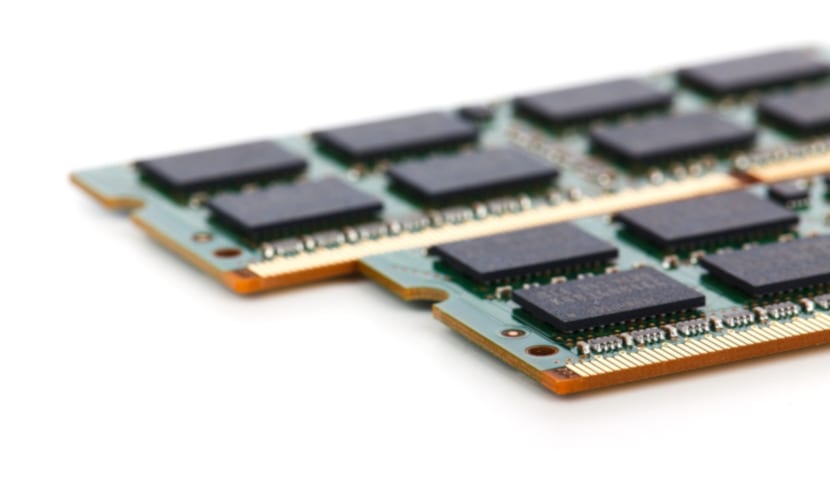
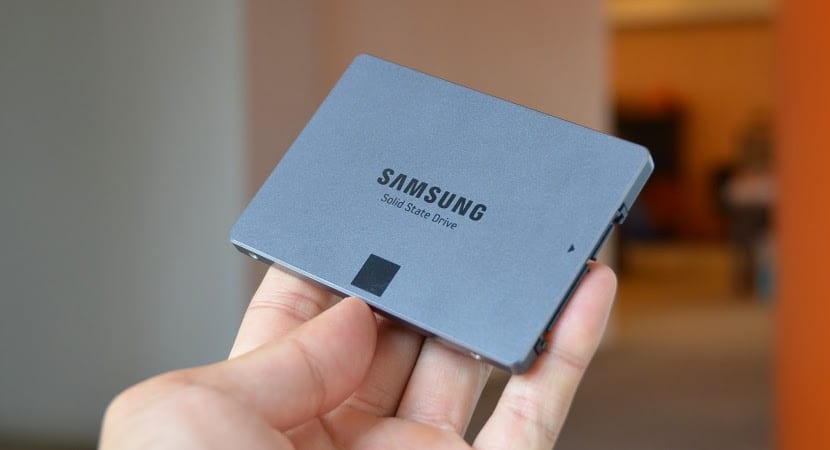
I would add that in the selection of the desktop environment, PLASMA 5, currently 5.12.5 is highly optimized and almost on par with memory consumption than with the aforementioned desktops, starting the system with about 450Mb of RAM.
Nothing to do with the high memory consumption of its version 4.
Well, I have a Slimbook: https://slimbook.es/ and I am very happy.
The ASUS Zenbook is fully compatible with Ubuntu. In my particular case, with a small SSD for the operating system and a larger HD for documents, etc. that mounts at startup. The boot is very fast and there are no problems with drivers or incompatibilities.
I have a Slimbook Katana II and I am also very happy 🙂
Hello
I have an asus ux501 and it cannot install ubuntu 18.04. The only version of Ubuntu that lets you install it is 15.10, from there you start updating until you get to version 18.04 (in my case I update it leaving unity as desktop).
For those who want to install it, they can install it on another laptop or laptop and then copy it or change the disk to the Asus Zenbook.
From my experience if you want to have to send the laptop to the technical service again and again, buy yourself a slimbook, without any doubt ...
Thank you!
Well, on Dell's page is the XPS 13, with Ubuntu pre-installed. I have heard good references to this device, very light and powerful.
The article is not bad, but you forgot to mention UAV and Slimbook… in the headline. A "sponsored post" ad would not have hurt either.
Here with a Xiaomi air 12,5 delighted with Ubuntu 18.04
Vant 1 and no more. They only have 1 ultrabook and the battery lasts 3 hours or less.
I usually prefer to buy from Spanish companies for the support, but in this case they do not take charge because they say that it is normal that the battery of their only ultrabook lasts only 3 hours
Excellent reference friend, in relation to the ram, and read other articles on how to choose a laptop or ultrabook and they are not so specific in saying 8 or more if you want the team to last a longer time running smoothly the new versions of Ubuntu ,
What is the life and battery life of notebooks designed for Linux?
I put this comment separately, because I want to know how is the issue of planned obsolescence in those brands oriented to free software.
One of the main problems with notebooks is that the battery has a chip that reports that the battery has less charge, curiously the first battery lasts about 2 years, but the ones that can be obtained later do not last even 6 months.
If you have a bad need for it to be portable, you have to buy another.
I do not know if the same thing happens with the "light" notebooks that have the battery inside, but if they have a chip, it is very likely that they report a lower charge only based on a counter, such as printer cartridges so that they cannot be fill, etc.
Another source of failure for planned obsolescence is chip soldering.
The pretext is that lead is very polluting, it drove the Romans crazy, imagine!
For this reason it was prohibited, and now the chips are soldered with poor quality alloys that last less time, making the life of the equipment shorter and therefore generating more waste. That, yes, a little less polluting and less reusable. How is this matter in the rules that are handled in the EU teams?
One last comment.
I hate huge mousepads or touchpads. They are very uncomfortable, when a typing does not accidentally touch them, the cursor changes places even marking and deleting what one wrote. With which one wastes time undoing the changes and checking if nothing is missing (or there is something left that was deleted on purpose).
How do you feel about the ergonomic design of your linux notebooks?
I have a raspberry pi 3 B + and I am super happy, I work fluently on it. NOOBs consume very few resources.
In the mouse and touchpad options you can activate a function that when typing on the keyboard, the touch panel is deactivated for as long as you consider to avoid accidental clicks.
I use a Xiaomi Mi Notebook Air 13.3 (2017) under Linux Mint 19.1 with Cinnamon, with an English keyboard and a large touchpad panel and 0 zero problems when working for about 8 hours a day 😀
The best of all. It goes like a shot: O
I have been using Dell for years, be it desktop or laptop and excellent compatibility. I've been using 2 Acer laptops now: One with AMD and Radeon, it's supposed to be a gamer. And another with Intel i7 8550u, Nvida (I don't remember the model).
The intel, only allows me to install * buntu. With fedora and opensuse, the installation does not finish and if I restart it trying to enter the new system, it begins to consume all the processor and the laptop freezes. But very happy with Kubuntu since 18.04, now 18.10. Anyway, if anyone knows how to install Fedora, I would appreciate it.
With AMD I use it with Windows and Ubuntu.
I have a slimook and I am very happy. in it I have Arch linux
Hello, I have an Asus ZenBook UX410 with an i5 for 3 years, first with Ubuntu 16 and now with Ubuntu 18 and it is going great. I like it so much that I just bought my daughter a more current version of the same UX410UA but with an i7 and it works great. I have them both on with classic Gnome desktops and they go very well in all respects, including battery life.